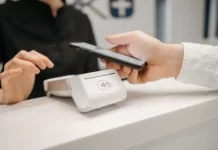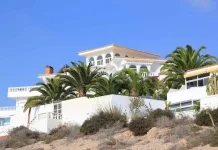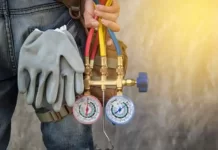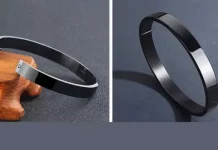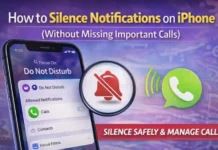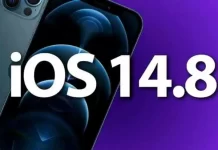When switching to solar energy, you can choose to go with the grid-tied system or opt for an off-grid system. Grid-tied allows the system owners to be connected to the power grid. Off-grid means that the system owner is independent at generating power to their home. When deciding on the system to choose, you need to understand how each one of the works and its pros and cons. So, what is an off-grid system, and how does it work?
What’s off the Grid?
With off-grid solar, you have your system not tied to the local utility’s grid. With this system, you are self-sustaining your energy use. If you’re using this system, you need to have a backup battery that can store your excess energy. You can use that energy during those times when the system doesn’t produce enough, like during cloudy days. You can also use power when there are outages. The cost of purchasing batteries and off-grid inverters means that installing off-grid solar systems is a little more expensive than installing on-grid systems. Therefore, off-grid systems are only needed in remote areas with no electricity grid connected to the site. However, with the cost of batteries reducing, these systems will increase even in areas connected to the grid. It would be wise to check with a professional solar sales and installation company like Ayka Technologies to get a better understanding of some of these costs.
How the Off-Grid System Works
In an off-grid system, sun rays shine on the panels or wind turns turbine blades to generate direct current electricity. The DC electricity goes to a regulator that controls the charge amount. The deep cycle batteries get charged, and your 12-volt appliances can run directly off your system’s batteries or the present routes via the use of an inverter. The inverter converts the direct current to an alternating current that is used by most appliances at home.
Benefits of Off-Grid Systems
While off-grid systems tend to cost more in installation, you find that they come with their own set of benefits. Your off-grid system offers you reliable energy during those uncertain times when outages strike. While they don’t occur often, outages can leave you stranded with no electricity. If it takes a couple of days, you are inconvenienced and suffer a lot. However, if you are off-grid, it means that you have stored power in a backup generator or battery back that you can use when outages occur. You will not worry about having blackouts in your home.
While it can cost you quite some dollars to install a standalone power system, with the available government incentives, homeowners residing in remote areas are now finding it easier to install these systems. Just because there is no grid supply in your home doesn’t mean that you cannot take advantage of solar power. It’s a great alternative to grid-power as it offers you electricity. After the initial cost of installation, you begin to enjoy free energy to your home. In a couple of years, say about 8 to 10 years, you can break even on installation costs. So from there, you begin to enjoy free power for many years to come.
Hey man, thanks for taking the time to meet with us yesterday. We are still interested, just doing our due diligence. I’ll be back in touch to either make an offer or let you know this project isn’t for us. Either way, I’ll communicate. Cheers!


